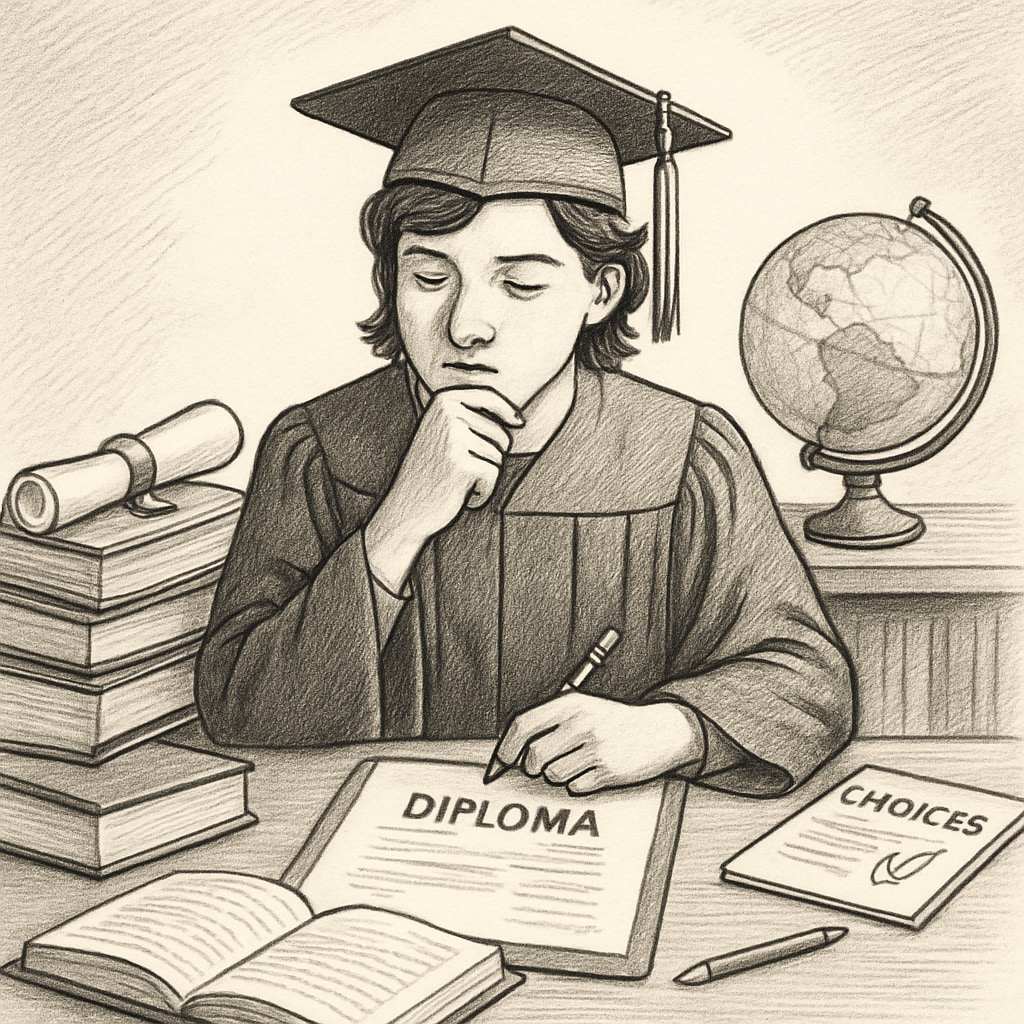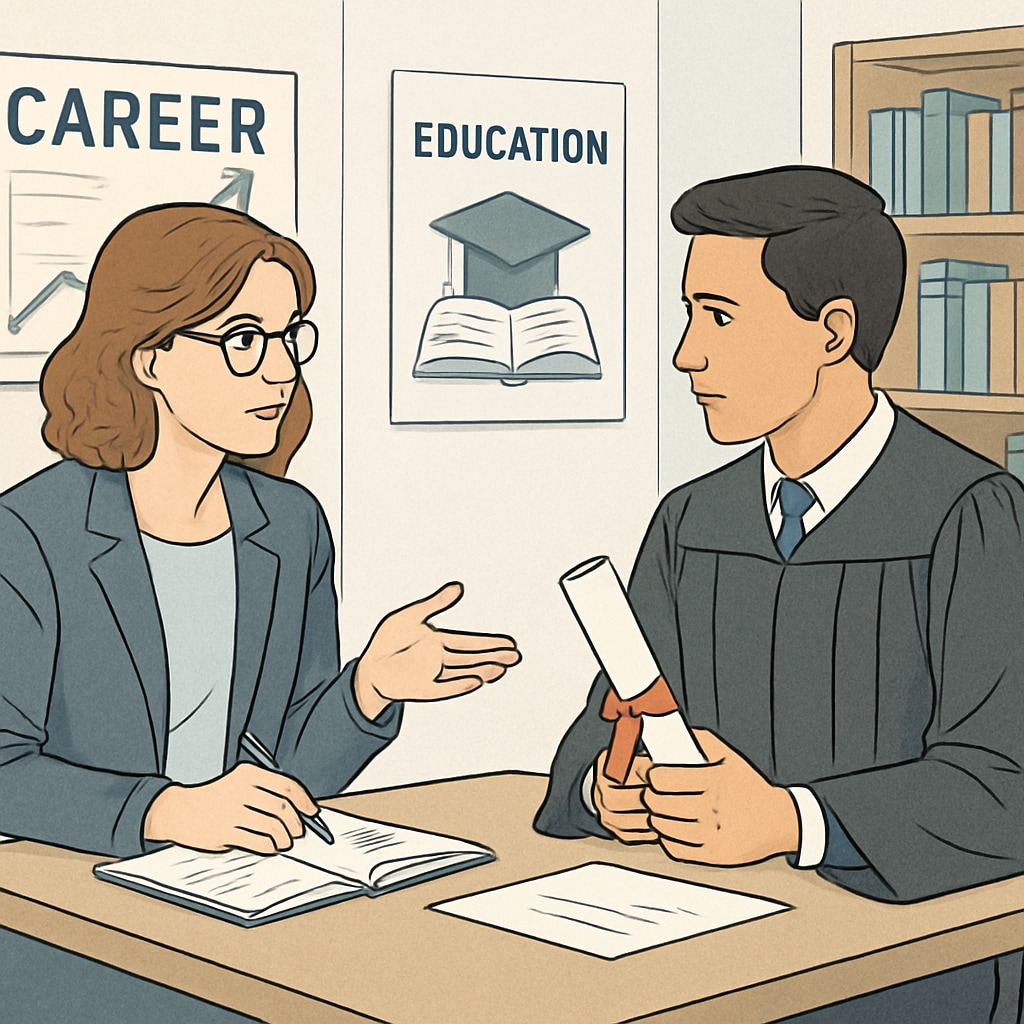The decision to obtain a modified high school diploma can often seem minor at the time, but its long-term implications may lead to feelings of regret and limitations in both academic and career opportunities. These regrets can be overwhelming, especially when young individuals realize the consequences of their choices later in life. Understanding how to navigate the emotional and practical aspects of these regrets is essential in finding a way forward.

Understanding the Impact of a Modified Diploma
A modified diploma is typically awarded to students who have completed coursework under alternative requirements. While it allows students to graduate high school, it may not meet the criteria for certain college admissions or professional certifications. This can create barriers in pursuing higher education or entering specific fields of work.
For example, many universities prioritize standard diplomas for admission, leaving students with modified diplomas to seek alternative paths like community colleges or vocational schools. Although these institutions offer valuable opportunities, the restrictions associated with a modified diploma can leave students feeling limited and regretful about their earlier choices.
Moreover, societal expectations around traditional academic achievements can exacerbate feelings of inadequacy. Students may compare themselves to peers with standard diplomas, leading to emotional distress and decreased self-confidence.
Why Do Students Choose Modified Diplomas?
There are various reasons why students opt for a modified diploma. Some face academic challenges, learning disabilities, or personal circumstances that make completing traditional requirements difficult. Others may lack support systems or guidance during critical decision-making periods in their lives. As a result, the modified diploma becomes a compromise that enables graduation but carries long-term consequences.
Understanding these reasons is crucial in addressing the regret associated with the modified diploma. It’s important to recognize that the choice often stems from unique challenges rather than a lack of effort or ambition. By reframing the narrative, individuals can begin to view their modified diploma as a stepping stone rather than a limitation.

Overcoming Regrets and Finding New Opportunities
While a modified diploma may pose challenges, it doesn’t signify the end of educational or career advancement. Here are practical steps to help individuals move forward:
- Explore alternative education options: Many community colleges and vocational schools accept students with modified diplomas. These institutions often provide pathways to transfer to universities or gain certifications in high-demand fields.
- Consider GED programs: Obtaining a General Educational Development (GED) credential can help bridge the gap for students seeking higher education opportunities. It’s often regarded as equivalent to a standard diploma.
- Develop skills through apprenticeships: Many industries value practical experience over formal education. Apprenticeship programs can offer hands-on training and open doors to lucrative career paths.
- Focus on personal growth: Building confidence and resilience is key to overcoming regret. Engage in self-improvement activities, such as volunteering, networking, or pursuing hobbies, to strengthen your self-worth.
In addition, seeking guidance from mentors or career counselors can provide valuable direction. Professionals in these roles can help students identify their strengths and match them with suitable opportunities, ensuring that the modified diploma does not define their future.
Looking Beyond the Diploma
Ultimately, the value of a diploma—whether modified or standard—lies in what an individual chooses to do with it. Success is not solely determined by the type of diploma earned but by the effort and determination put into achieving goals. Many successful individuals have overcome barriers to reach their aspirations, proving that the path to success is rarely linear.
It’s essential to focus on long-term growth rather than dwelling on past decisions. By adopting a proactive mindset and leveraging available resources, individuals can transform their regrets into opportunities for personal and professional development.
Readability guidance: This article uses concise paragraphs with accessible language to ensure clarity. It balances professional advice with empathy, making it relatable for young readers. Lists are used to summarize actionable steps, and transitions guide readers through the narrative seamlessly.


